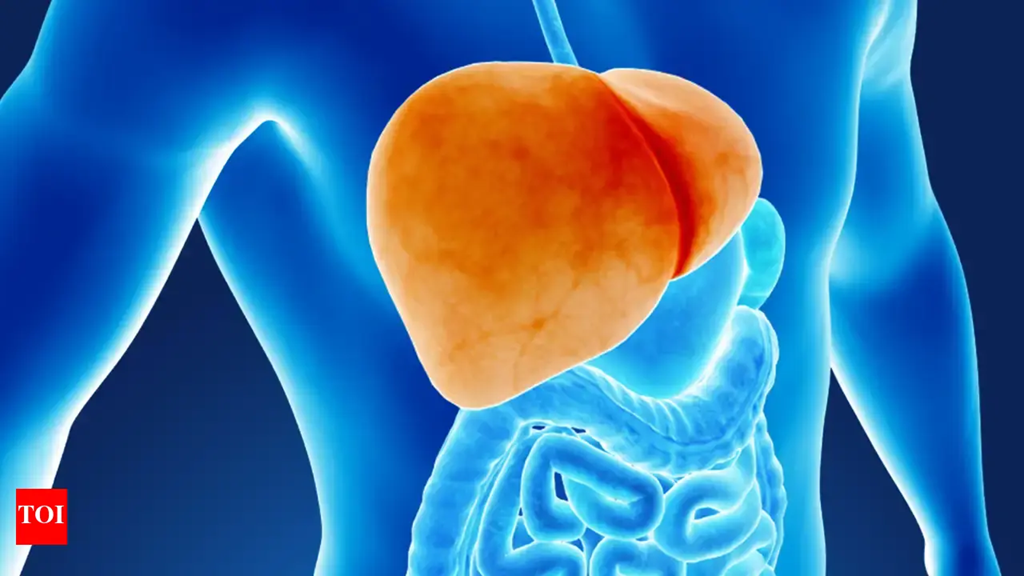
A nationwide French study, including nearly 64,000 subjects, found survivors of COVID-19 hospitalization face an increased risk of death or organ-related disorders for up to two and a half years after infection.
The report was published in Infectious Diseases. Sarah Tubiana, of the Université Paris Cité, is the lead author. The authors emphasized the need for continued healthcare and monitoring for people who have been hospitalized with SARS-CoV-2 infection.
“These findings are a stark reminder of the far-reaching impact of COVID-19, which extends far beyond the initial infection,” said Tubiana, who specializes in infectious diseases, at the Clinical Investigation Center at Bichat Hospital in Paris.
Since 2020, SARS-CoV-2 has caused more than 770 million confirmed cases of COVID-19 worldwide and more than 7 million deaths.
“While much attention has been given to the immediate dangers of the virus,” Tubiana said, “our research shows that hospitalized COVID-19 survivors remain at greater risks of severe health complications months and even years later. The long-term implications for public health are significant.”
Another recent study had similar findings. UK Biobank data revealed that COVID-19 infection can increase the risk of heart attack, stroke, and death from any cause for at least up to three years. This trend was seen in people already diagnosed with and those without previously detected cardiovascular disease.
This current study used data from the French national claims database. It followed 63,990 adults admitted to the hospital with COVID-19 between January and August 2020. These individuals—average age of 65 years and about half of whom were male—were matched with 319,891 people from the general population of similar age, sex, and location, who had not been hospitalized for COVID-19 during the same period.
The researchers tracked the study participants for up to 30 months, monitoring deaths and hospital admissions, both for any cause and for specific organ-related conditions. By comparing outcomes between the two groups, the researchers identified significant long-term health risks in hospitalized COVID-19 survivors than the general population.
There was no difference between men and women in the risk of hospitalization, except for psychiatric events which were seen mainly in women.
The odds of re-hospitalization—following discharge of a COVID-19 hospitalization—was higher for all age groups. However, the incidence of all-cause re-hospitalization and re-hospitalization for organ-specific disorders were higher in patients older than 70.
While these excess risks decreased after the first six months for all outcomes, they remained elevated for up to 30 months for neurological and respiratory disorders, chronic kidney failure, and diabetes.
“Even 30 months after hospitalization, COVID-19 patients remained at an increased risk of death or severe health complications, reflecting the long-lasting, wider consequences of the disease on people’s lives,” said co-author Charles Burdet, an infectious diseases specialist, at Université Paris Cité. “These results highlight the need for further research to understand the mechanisms behind these long-term health risks and how to mitigate them.”
A key feature of this study is that it used a large, nationwide database covering the entire French population, making the findings broadly applicable to similar Western populations. Using longitudinal data and detailed electronic health records also allowed the researchers to distinguish new health issues arising after COVID-19 from pre-existing conditions.









![Best Weight Loss Supplements [2022-23] New Reports!](https://technologytangle.com/wp-content/uploads/2022/12/p1-1170962-1670840878.png)




